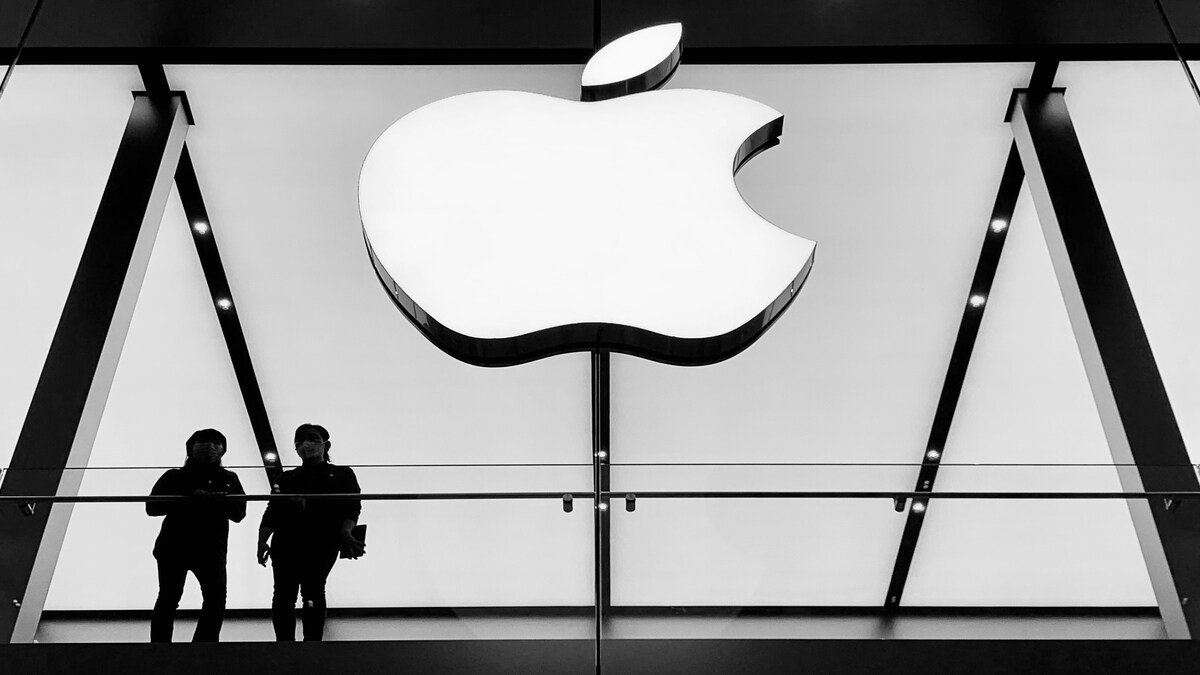The enforcement action follows consumer complaints about unresolved charge disputes, credit reporting errors, and misleading payment plan promotions. Goldman Sachs also faces a temporary ban on issuing new credit cards.
CFPB’s findings and the fine
The US Consumer Financial Protection Bureau’s (CFPB) investigation revealed mismanagement of the Apple Card partnership, primarily driven by technical and operational failures on Goldman’s side. Apple failed to relay tens of thousands of customer disputes regarding Apple Card transactions to Goldman Sachs, which oversees the card’s financial management. When disputes were passed on, the bank allegedly did not comply with federal requirements in handling these complaints, often leaving customers waiting for weeks or longer to resolve issues and, in some cases, leading to erroneous negative credit reports.
In addition to poor dispute management, the CFPB also uncovered deceptive practices related to Apple Card’s promotion. Apple advertised the card as having no fees—including annual, over-the-limit, late, or foreign transaction fees—but certain promotional plans, particularly for Apple product purchases, accrued interest despite being marketed as “interest-free.”
Impact on customers
The mishandling of disputes and misleading promotion of payment plans left many customers struggling with unresolved financial concerns. According to CFPB Director Rohit Chopra, “These failures meant that consumers faced long waits to get money back for disputed charges, and some had incorrect negative information added to their credit reports.” This breakdown of customer service standards violated both the Fair Credit Reporting Act and other consumer protection laws.
To address the harm caused, Goldman Sachs was ordered to pay $20 million directly to affected customers. This comes as part of the broader $89 million penalty, which includes $45 million in fines for Goldman Sachs and $25 million for Apple.
Goldman Sachs’ ban on new credit Cards
In an unprecedented move, the CFPB also temporarily banned Goldman Sachs from issuing new credit cards. The financial institution will only be allowed to re-enter the credit card market if it provides a detailed, credible plan to comply with all legal requirements moving forward. The watchdog agency’s ban represents a setback for Goldman’s consumer lending arm, which has been struggling in recent years. The bank has already terminated its credit card partnership with General Motors, which was replaced by Barclays earlier this year.
Response from Apple and Goldman Sachs
Both companies have accepted the CFPB’s ruling, though they maintain that many of the issues were unintended. Apple issued a statement emphasizing its commitment to consumer protection, saying, “Apple Card is one of the most consumer-friendly credit cards available and was specifically designed to support users’ financial health.” Apple claims it moved quickly to rectify the issues in collaboration with Goldman.
Goldman Sachs also expressed satisfaction with resolving, stating that it “worked diligently to address certain technological and operational challenges” since the Apple Card’s launch. Despite these efforts, the CFPB’s order highlights significant lapses in both companies’ oversight and communication regarding customer disputes.
Apple’s high-yield savings accounts
Despite the regulatory headwinds, Apple has continued to push its financial products. Earlier this year, Apple introduced a high-yield savings account for Apple Card users, offering a 4.15% interest rate in partnership with Goldman Sachs. The savings account allows cardholders to accumulate their 3% cash-back rewards from select purchases, which can then be deposited into the savings account or used for other purchases. While the CFPB’s action highlights operational issues, Apple and Goldman’s financial products, including the high-yield savings option, remain available for customers who wish to take advantage of them.
